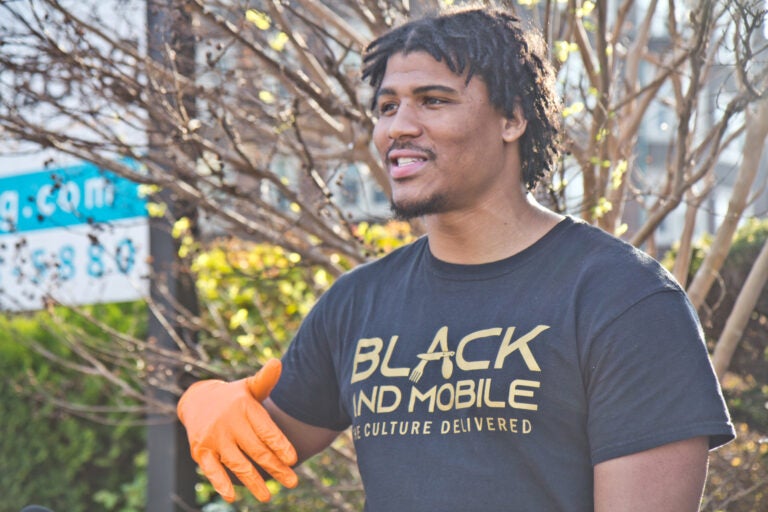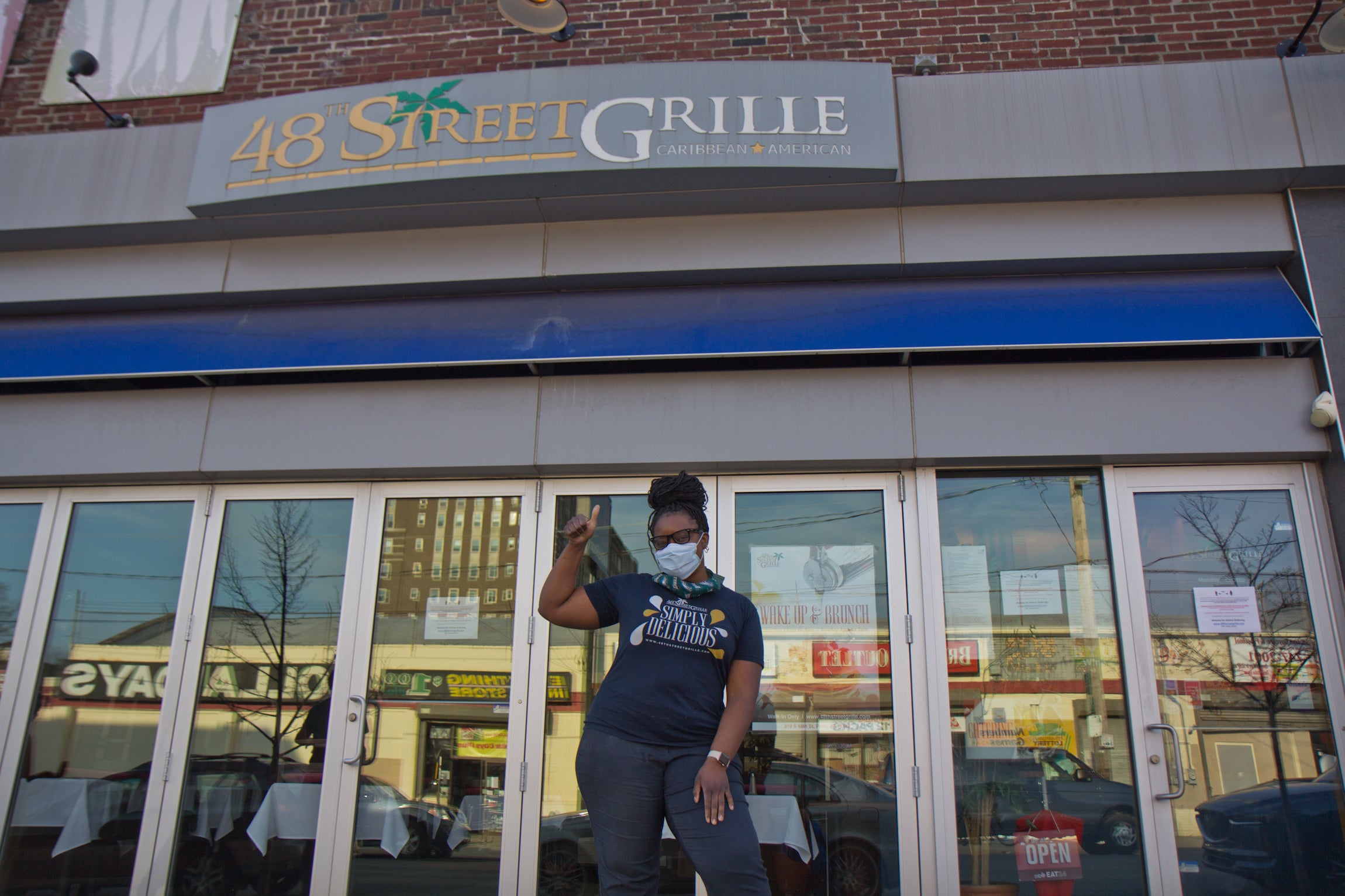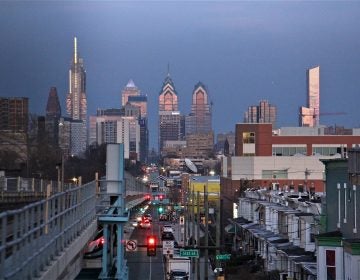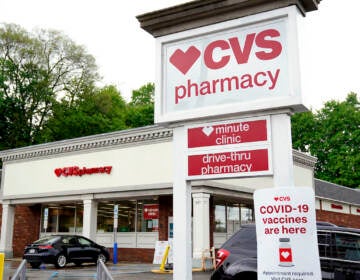This 24-year-old entrepreneur is helping Black-owned restaurants survive coronavirus
Black and Mobile is an online delivery service that caters to Black-owned restaurants. The coronavirus shutdown has increased demand for its service.

David Cabello is the owner of Black and Mobile, a delivery business focused on connecting Black restaurant owners to customers. (Kimberly Paynter/WHYY)
David Cabello was unprepared earlier this year when business spiked for his food delivery startup, Black and Mobile.
The 24-year-old entrepreneur hadn’t expected so much business for the then less-than-year-old online delivery startup that caters to Black restaurants. It was too much for him, even with 15 drivers on his team.
“When I got slammed in January I wasn’t ready for it,” said Cabello, who co-founded Black and Mobile with his twin brother. “I wasn’t expecting that much support.”
Now Cabello is seeing an even bigger surge — this one due to the coronavirus pandemic. Food delivery drivers have become surrogate servers bringing prepared meals to people’s doorsteps, as restaurants have limited their operations to takeout and/or delivery. But this time, the entrepreneur was ready.
“Now, I’m, like, super-prepared to where, honestly, I don’t even deliver anymore,” he said. “I let [the drivers] make all the money.”
In the months leading up to the citywide shutdown of businesses, Black and Mobile’s squad of drivers increased in Philadelphia to 50. The drivers deliver from 48 restaurants listed as partners on its platform. Since January the company has expanded to Detroit, where 20 drivers serve 19 Black-owned restaurants.
Research on spending habits during the pandemic from Earnest Research found that year-over-year restaurant delivery sales in mid to late March shot up to more than 33% from about 14%. In line with the uptick, Black and Mobile reported exceeding their 2019 sales numbers in the weeks that followed the citywide shutdown as they helped struggling restaurants stay in business.

Sales dropped by more than 40% for the family-owned restaurant 48th Street Grille in West Philadelphia, general manager Carlene Lewis said. They’ve managed to avoid layoffs, but shortened store and staff hours. Lewis says deliveries are keeping them afloat, and Black and Mobile plays an important role.
“As far as their partnership with us, they’ve certainly been vital,” said Lewis. “It helps us when they run specials on their platform.”
In addition to working with restaurants, Black and Mobile recently announced a partnership with a local nonprofit to deliver care boxes to the elderly.
Nick Butler is a senior at Constitution High School in Center City. He began driving for Black and Mobile in January, juggling school and the job.
The 18-year-old works almost every day now that his studies have transitioned to online-only and he has more time to do so. He said he brings in hundreds of dollars a week; money he is saving for an apartment and a new vehicle.
“After I knock out any school I do, I turn on my Black and Mobile app and I just go deliver,” Butler said. “I like doing it.”
Cabello requires Butler and all of his drivers to wear gloves and deliver food directly to the customer from a mandated insulated delivery bag. The service also offers customers a no-contact delivery option.
To ensure driver compliance, customers receive an alert instructing them to make sure drivers have gloves and a delivery bag. If drivers do not comply the driver will be taken out of the system, Cabello said.
“We are trying to prevent [the spread] as much as possible, as we have to survive the pandemic and the economic crisis,” said Cabello.
And beyond survival, Cabello wants to see his business grow, with plans to expand to Atlanta in July, an upgraded app in October, and more expansion to other cities in 2021.
“This is like literally the beginning of something that’s about to be way bigger than what I’m doing right now,” he said.
 WHYY is one of over 20 news organizations producing Broke in Philly, a collaborative reporting project on solutions to poverty and the city’s push towards economic justice. Follow us at @BrokeInPhilly.
WHYY is one of over 20 news organizations producing Broke in Philly, a collaborative reporting project on solutions to poverty and the city’s push towards economic justice. Follow us at @BrokeInPhilly.
WHYY is your source for fact-based, in-depth journalism and information. As a nonprofit organization, we rely on financial support from readers like you. Please give today.






![CoronavirusPandemic_1024x512[1]](https://whyy.org/wp-content/uploads/2020/03/CoronavirusPandemic_1024x5121-300x150.jpg)



